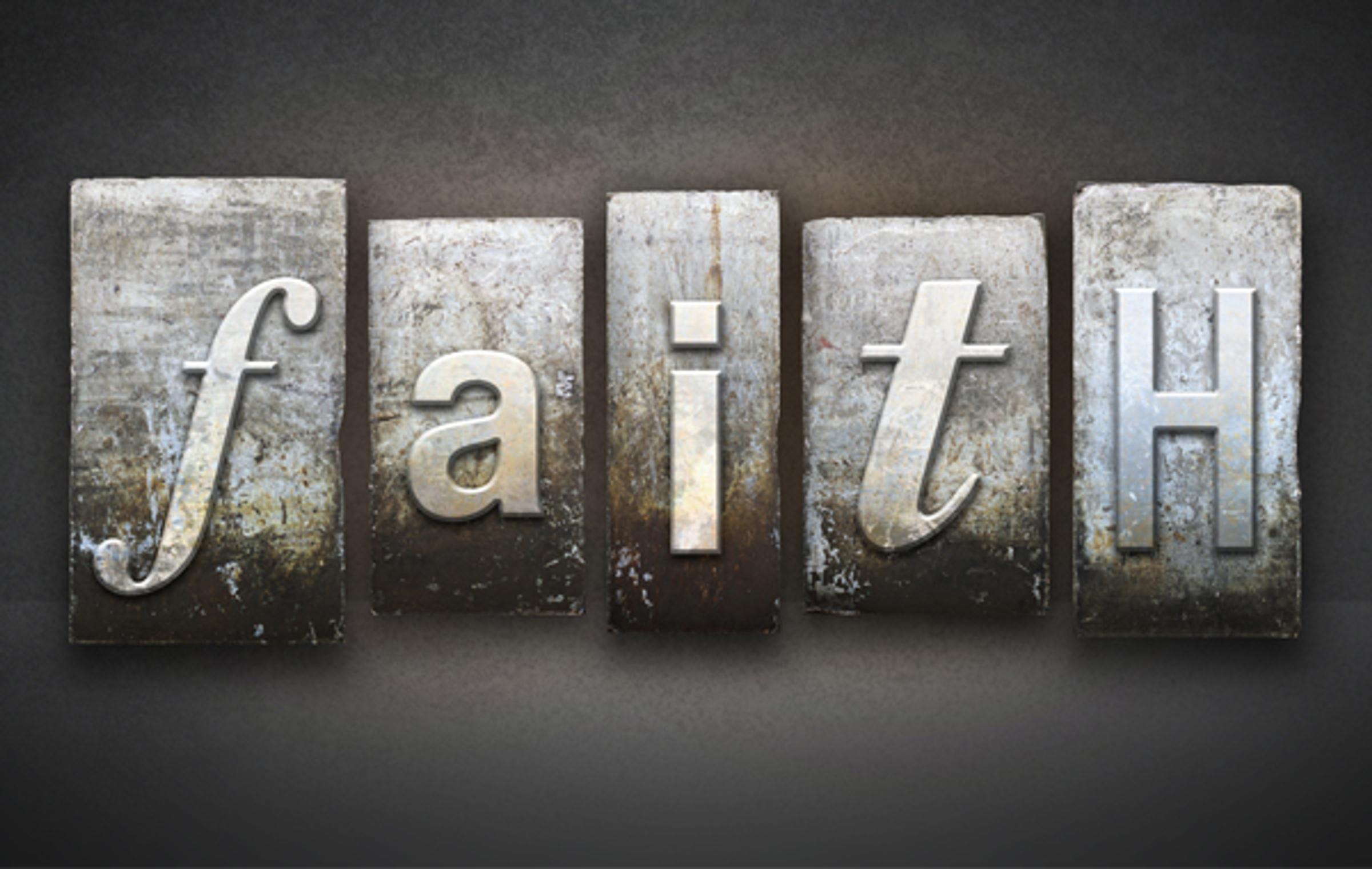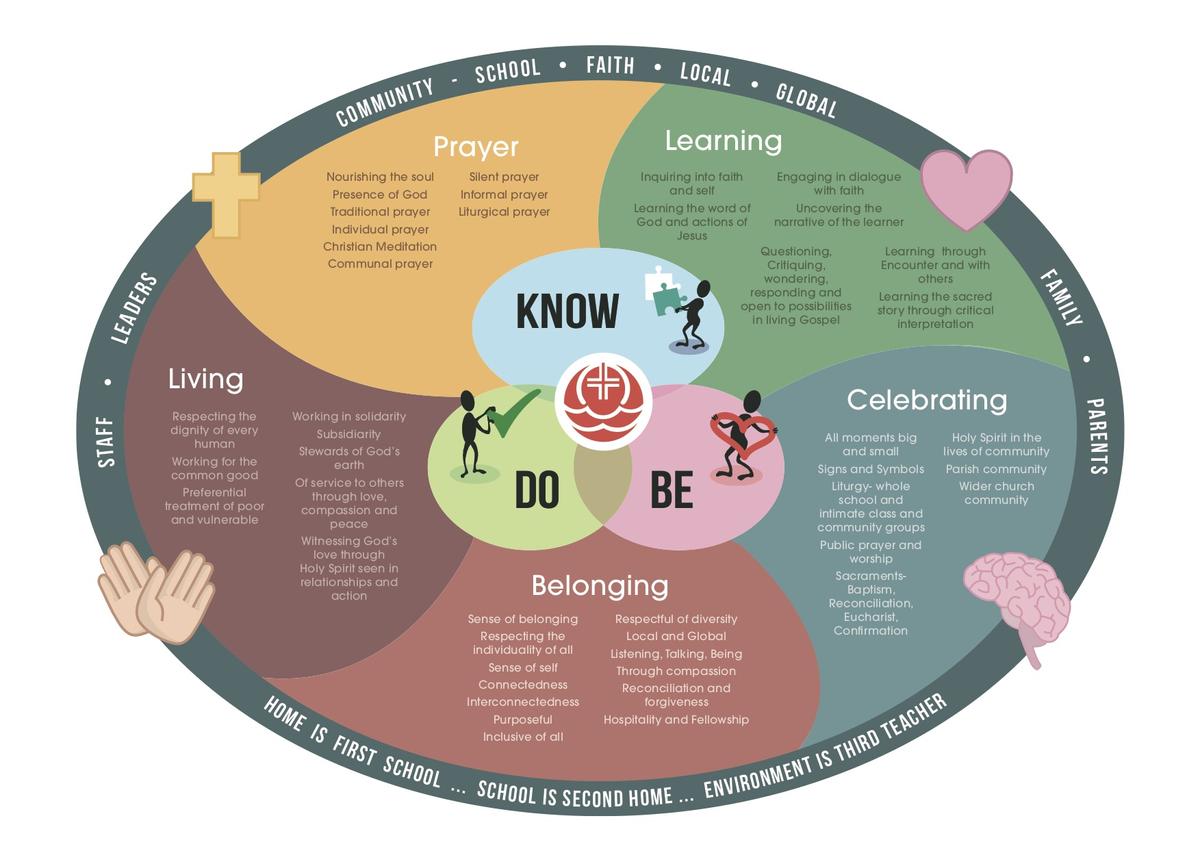Faith at St Joseph's

Shrove Tuesday - Pancake Tuesday
Shrove Tuesday is the day before Lent starts on Ash Wednesday. The name Shrove comes from the old middle English word 'Shriven' meaning to go to confession to say sorry for the wrong things you've done. Lent always starts on a Wednesday, so people went to confessions on the day before. This became known as Shriven Tuesday and then Shrove Tuesday.
The other name for this day, Pancake Day, comes from the old English custom of using up all the fattening ingredients in the house before Lent, so that people were ready to fast during Lent. The fattening ingredients that most people had in their houses in those days were eggs and milk.
This Tuesday the school is very lucky to have Matt cook pancakes for the whole school.
Ash Wednesday Mass:
This Wednesday morning, Fr. Michael will celebrate our Ash Wednesday Mass in the Prayer Garden.
Ash Wednesday begins a holy season for many Christian religions. It marks the start of the 40 days leading up to Easter (not including Sundays). This 40-day period is known as Lent..
Ash Wednesday is, of course, always on a Wednesday but it falls on different dates every year because its date is based around Easter. Easter is generally celebrated on the first Sunday after the first full moon that comes after March 21 (the Spring equinox)..
The name Lent is a shortened form of an Old English word that means 'spring' - fitting, because it always comes during the springtime.
Meaning Behind the Ashes
You are probably wondering why people mark their foreheads with ashes on this day every year. What exactly do the ashes represent, and where do they come from? The ashes symbolize several important things: the dust that God created humans from; the 40 days Jesus spent praying and fasting in the desert, according to the Bible; sadness over the sins and mistakes people have made; and a visible sign of penance. Penance is an act that a person takes to show regret and to earn forgiveness.
The source of the ashes is also symbolic. Burning the palms used at the previous year's Palm Sunday service (held the Sunday before Easter) makes the ashes used on Ash Wednesday. Most Christians receive the ashes during a church service. They are given by a priest or another trained person and are placed in the shape of a cross.
Caritas: Helping communities around the world.
THANDOLWAYO FROM ZIMBABWE
Life in her village in north-western Zimbabwe wasn’t easy for twelve-year-old Thandolwayo.
Her father left several years ago and her mother lives in a town 90 kilometres away where she works as a casual labourer. Thandolwayo lives with her grandparents and attends the local school which has just 35 students.
Every morning she’d walk seven kilometres and risk being attacked by crocodiles as she collected clean water for her family. She’d then go to school feeling exhausted.
Thandolwayo’s grandparents sell pearl millet bran to fishermen and farmers for animal feed. They also sell chickens - but the income it brings isn’t enough to support the family.
Thandolwayo’s hope to be a nurse seemed almost impossible to realise, until Caritas Hwange helped the village to install two solar-powered pumps to draw the water up from the river, as well as two 10,000 litre storage tanks.
Thanks to Caritas’ support, water is now on tap in the village, benefitting its 500 residents - and Thandolwayo can concentrate on her education.
“Now I can bathe every day, the distance to collect water for the family has been drastically reduced,” Thandolwayo says. “We now drink clean, safe water and diseases are no longer affecting us.”
The plentiful water supply has also triggered new ventures. Water is being used to mould bricks for building houses and to pound maize to sell. Plans are underway to establish a community garden and a fish pond, to generate a better income.
You can watch the video by clicking on the following link.
https://lent.caritas.org.au/page/week-1
Please click here to view our new Religious Education Policy

